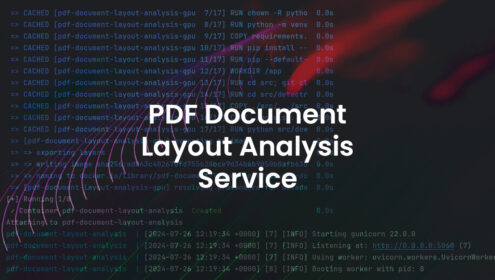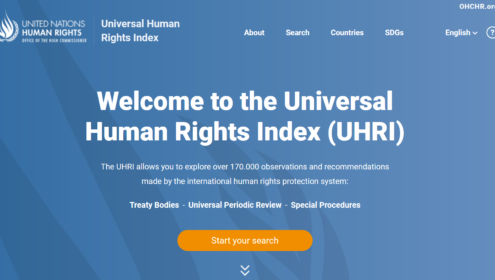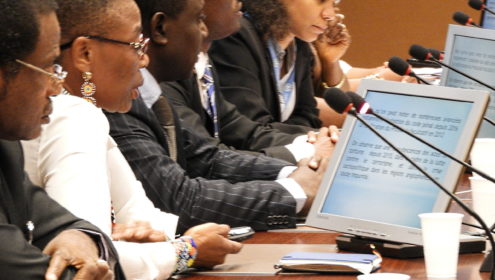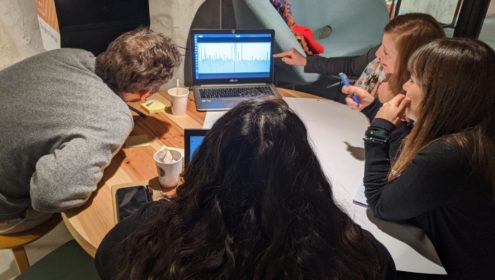Managing a collection of evidence, research or law is a time-consuming endeavour. Human rights defenders must gather thousands of records, add each one to the database, classify them, and specify the relationship that one entry has to another. Machine learning can alleviate some of this burden — these smart features are able to automatically fetch information from an online source, make highly accurate suggestions for how to categorise records, extract the basic elements of a document, or deliver better search results.
We at HURIDOCS are working to bring machine learning into our flagship tool for building databases of human rights information, Uwazi. For the people who manage these collections, it means more time to dedicate to other important tasks, like advocacy or litigation. For human rights defenders who use these collections to inform their own efforts, it means information that’s more up-to-date and insightful.
How machine learning helps advance access to human rights information
HURIDOCS is using the power of machine learning in the advancement of accessible human rights information. We used BERT and TensorFlow to build a classifier that would take human rights related text, and assign human rights topics to them.
Watch this video to learn more about our machine learning work with UPR Info:







